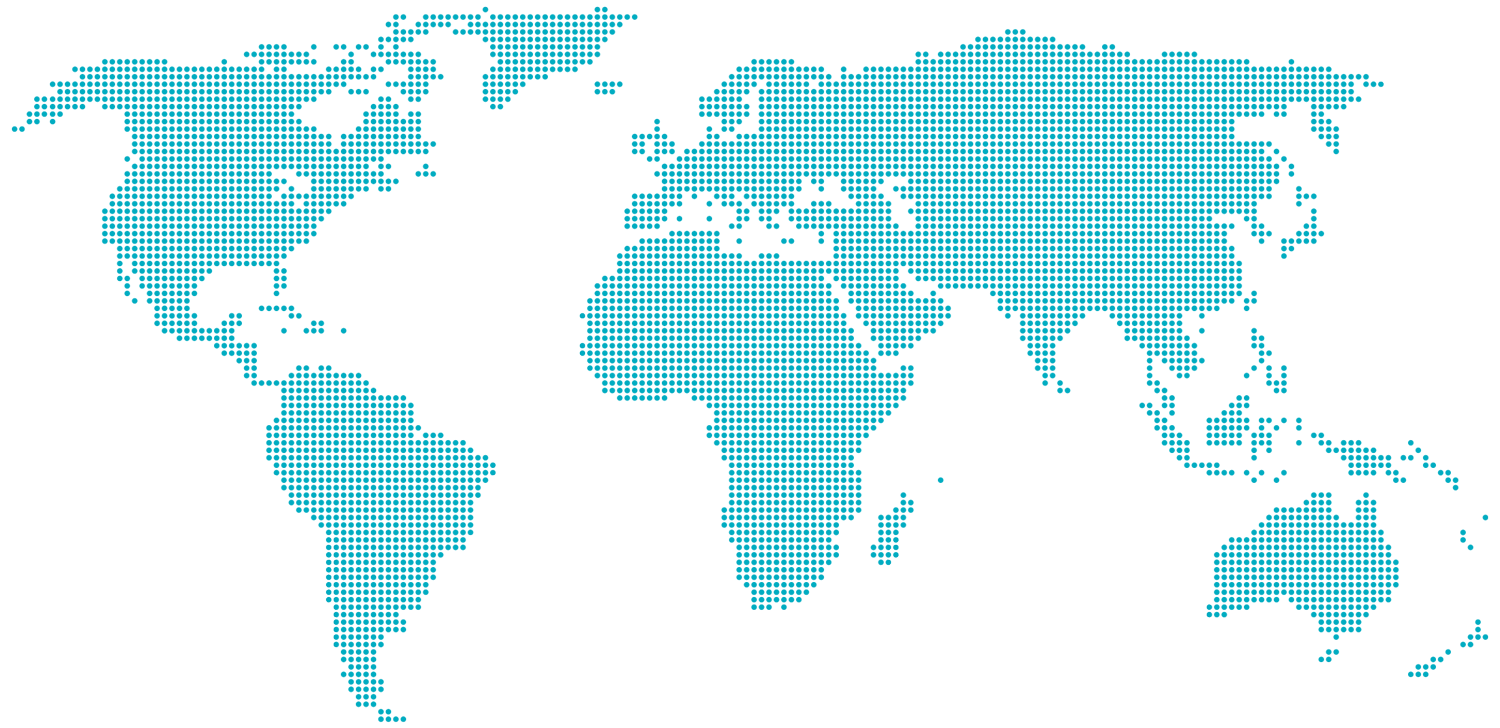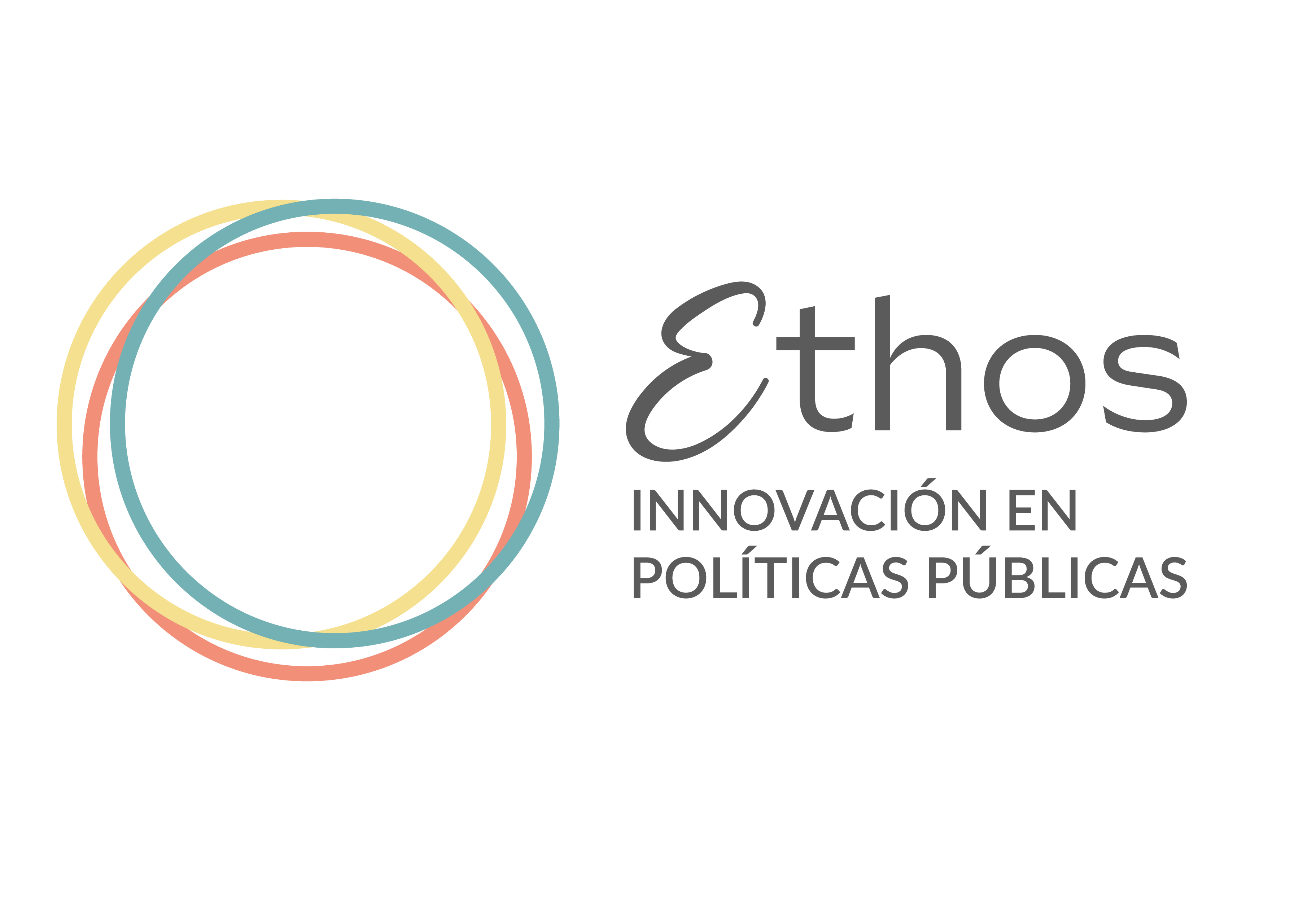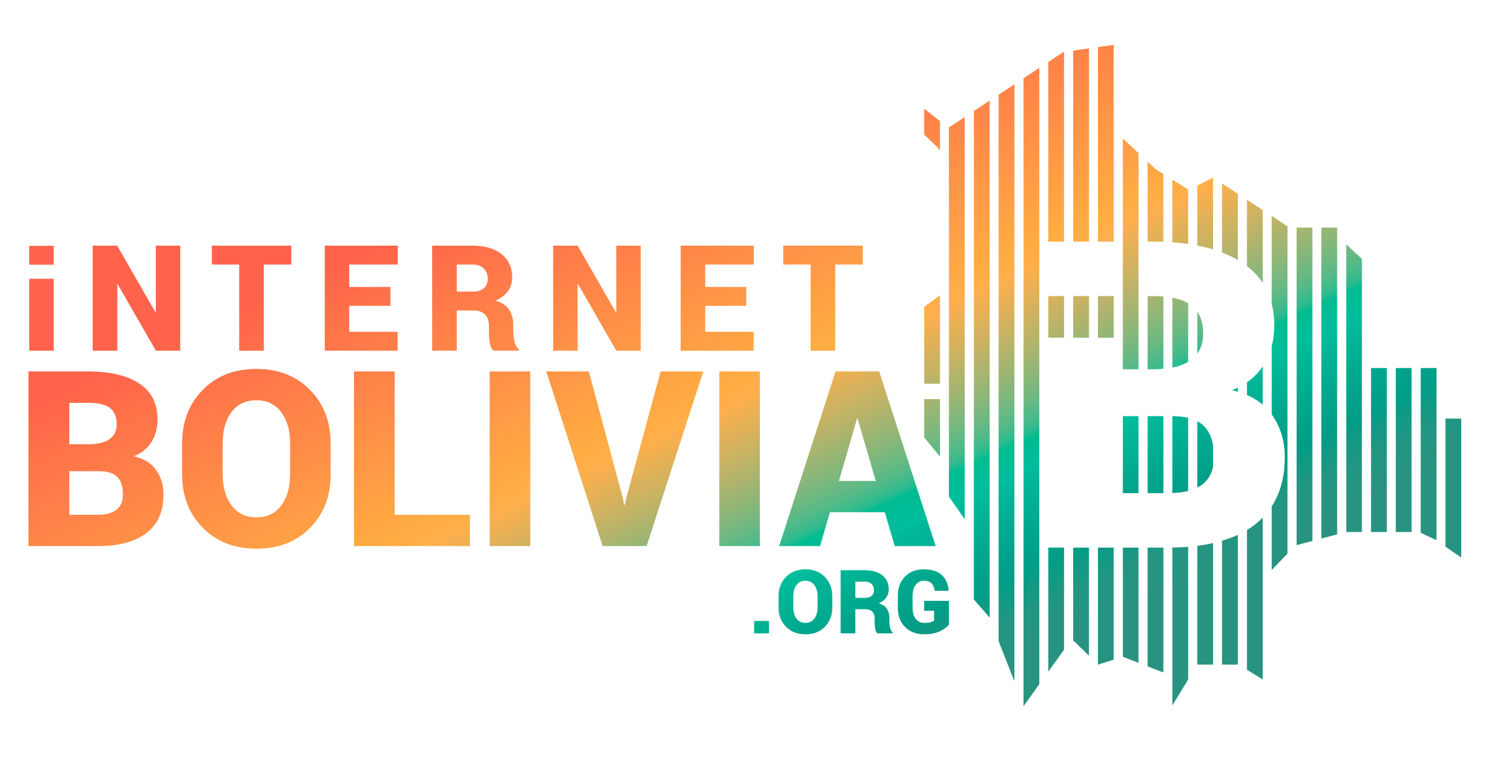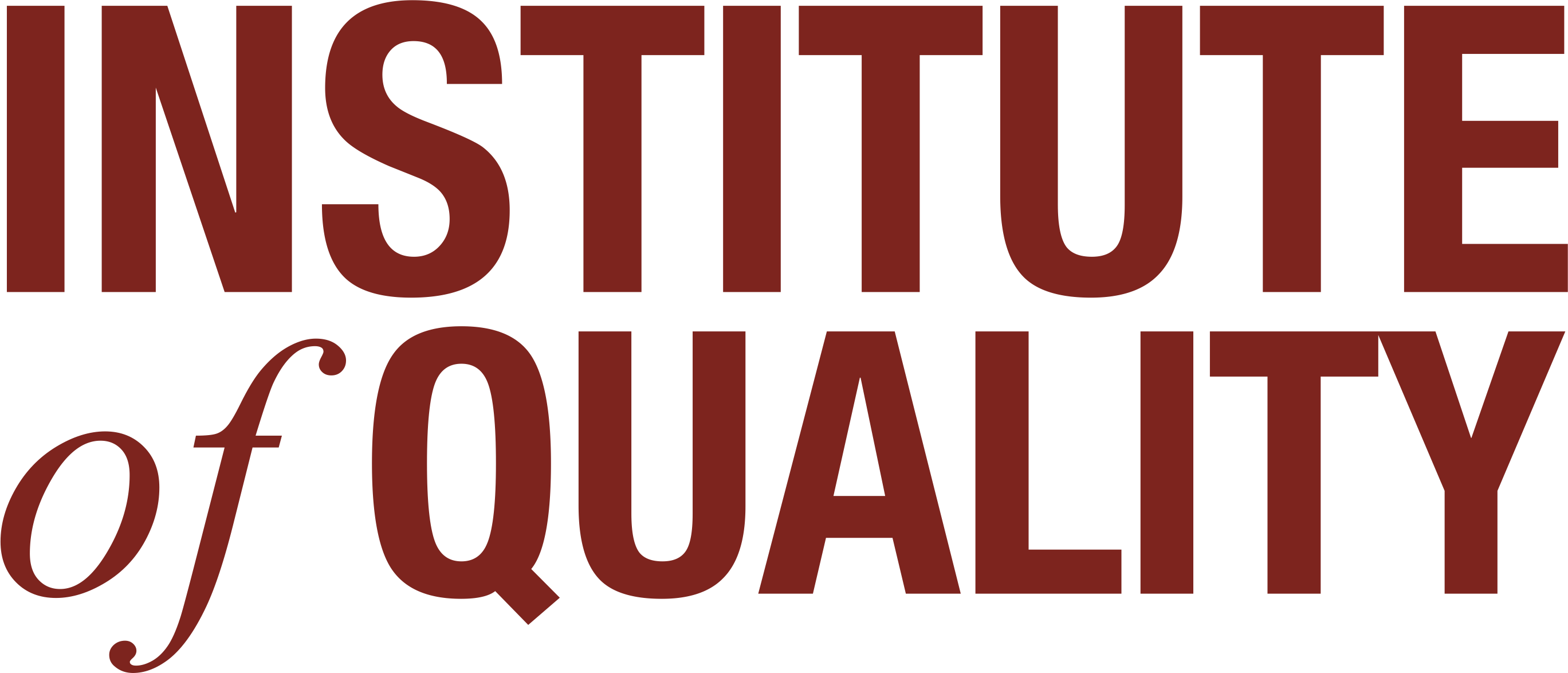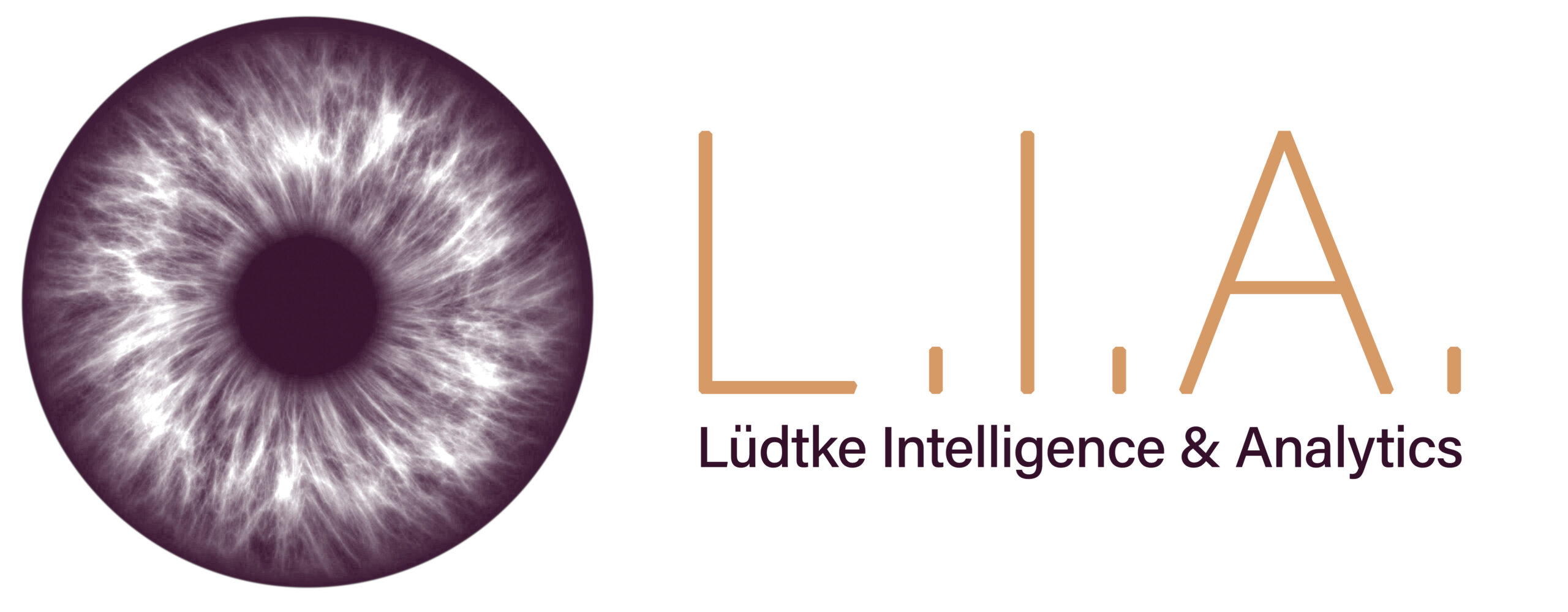1st Open Call Winners
Map legend
- Bridging the Gap Between European and Mexican ICT Standards in Open Data
- Enhancing Digital Government in Guatemala through European Standards
- Fostering data protection and responsible IA compliance in Bolivia
- High Impact Workshops for Knowledge Exchange Between Chile and Europe on Standardisation Initiatives
- Use of AI systems in online content moderation, review and remedies in EU and in OHADA regions
- Understanding EU Climate Fintech: Legal and Regulatory Perspectives
- Accessiblity Standards/EAA in Africa
- Advancing AI Policy Development in Africa: Harmonizing with EU Standards for Sustainable Innovation
- Developing Guidelines on Common Denominators for Security Levels of Digital Identity Wallets
- AI Governance, Policy, and Standardization Landscape Study across African Union, Southeast Asia, and Eastern Partnership Regions
- Geopolitics of Semiconductor Standards & High-Performance Computing Chips: De-Risking China Project
- SAREF4ALL
Read about the projects
Bridging the Gap Between European and Mexican ICT Standards in Open Data
The project seeks to advance the adoption of European Open Data standards in Mexico, promoting European ICT standards in Latin America. While Mexico has made strides with its new Open Data National Policy launched in 2023, there remains a lack of coherence and compatibility between European and Mexican standards, which limits the usability and intercommunication of data. This project aims to bridge these gaps by facilitating knowledge exchange, developing practical guidelines, and strengthening the implementation of international best practices.
To achieve this, the project will engage in a series of activities, including experience-sharing workshops between INAI (Mexico’s transparency authority) and European experts, focusing on strategies, methodologies, and challenges in open data implementation. The project will also develop a comprehensive manual for Mexican subnational authorities, providing practical instructions for creating open data strategies in line with both European and national guidelines.
Enhancing Digital Government in Guatemala through European Standards
The project aims to address critical gaps in digital governance, data management, and accessibility through the adoption of European ICT standards. By transforming public administration with a focus on open data, interoperability, and inclusivity, this initiative seeks to make government services more transparent, efficient, and accessible to all, especially minorities. The project focuses on capacity building, international cooperation, and knowledge exchange. Objectives include promoting European ICT standards, enhancing digital government capabilities, and improving accessibility for underrepresented groups. The initiative will conduct research to align Guatemalan policies with European standards, provide training for public officers, and develop robust digital infrastructure to facilitate seamless data integration and service delivery.
Key activities include comprehensive research on European ICT standards, organising training workshops on data governance and interoperability, developing digital platforms with local and European experts, and facilitating knowledge exchange programs between Guatemalan officials and European ICT standardisation bodies. A strong monitoring and evaluation framework will ensure continuous assessment and adaptation.
Fostering data protection and responsible IA compliance in Bolivia
The project aims to address Bolivia’s significant legislative gaps in data protection and responsible AI use by promoting the adoption of international standards, specifically those outlined in the General Data Protection Regulation (GDPR) and the European AI Act. Given that Bolivia ranks 117 out of 130 on the Global Responsible AI Index and lacks any comprehensive data protection regulation, this initiative seeks to influence and strengthen digital governance and compliance with digital rights through localised standards and targeted training. The primary goal is to enhance the competitiveness of Bolivian companies and prepare the private and academic sectors for future legislative requirements by creating mechanisms that align with international best practices.
To achieve this, the project will develop and disseminate a technical guidelines manual that adapts GDPR and AI risk management principles for local contexts. This manual will provide organisations with a practical framework for safeguarding digital rights and responsibly implementing AI technologies. Partnerships will be established with key organisations such as the United Nations Global Compact – Bolivia, the National Chamber of Commerce, and telecommunications and business federations, which will facilitate the dissemination and adoption of these standards. The project will also offer training, workshops, and coaching for at least three private entities, culminating in the creation of a compliance seal. This seal will serve as a mark of adherence to international data protection standards, enhancing the entities’ credibility and global competitiveness.
High Impact Workshops for Knowledge Exchange Between Chile and Europe on Standardisation Initiatives
High Impact Workshops for Knowledge Exchange Between Chile and Europe on Standardisation Initiatives
The project seeks to advance digital governance in Chile by promoting the adoption of European standards in AI, cybersecurity, and data protection. Chile’s regulatory landscape is rapidly evolving, with new laws such as the Fintech Act, Cybersecurity Act, and forthcoming Data Protection Law. However, there is a pressing need for concrete action to facilitate standardisation and collaboration among technical experts, policymakers, and regulatory bodies. This initiative aims to fill this gap by leveraging European expertise and practices, ensuring Chile can effectively implement its new regulations with coherence and global compatibility.
The primary objective is to build capacity among Chilean stakeholders, including technical communities, policymakers, and standardisation players, by sharing European approaches to digital governance. The project will feature a high-impact two-day workshop curated to facilitate knowledge exchange and networking between Chilean and European experts. This event will provide insights into the EU Cybersecurity Act, Privacy by Design principles, and the European framework for AI and data protection. By fostering dialogue and collaboration, the project will enable a deeper understanding of standards-setting processes and equip Chilean authorities with the necessary technical knowledge to ensure effective and harmonised implementation of these crucial digital standards.
Use of AI Systems in Online Content Moderation, Review, and Remedies in the EU and OHADA Regions

Use of AI Systems in Online Content Moderation, Review, and Remedies in the EU and OHADA Regions
The project aims to explore the potential of AI technologies in enhancing content moderation processes while ensuring alignment with regional legal frameworks and cultural sensitivities. By conducting a comprehensive landscaping study that focuses on AI-driven content moderation within both the EU and OHADA regions, with case studies in Senegal, Togo, and the Democratic Republic of Congo, the project seeks to understand current practices, regulatory challenges, and opportunities for harmonisation. This study will assess how AI systems can improve efficiency, reduce bias, and streamline the review and appeals processes, ultimately promoting transparency and safeguarding users’ rights.
Aligned with InDiCo-Global’s mission, the project will facilitate regulatory cooperation and knowledge exchange, strengthening Europe’s influence in global ICT standardisation efforts. Through two open workshops, stakeholders from both regions will collaborate on developing actionable strategies for implementing AI standards in content moderation. These activities will foster technical and policy alignment, promote the adoption of European Standardisation Systems (ESS), and build capacity among key actors, ensuring that AI systems are both effective and ethically grounded. The project also aims to promote European standards as a model for global best practices in digital governance, contributing to a cohesive, interoperable digital environment across regions.
Understanding EU Climate Fintech: Legal and Regulatory Perspectives

Brand 1
Understanding EU Climate Fintech: Legal and Regulatory Perspectives
The proposed course, “Understanding Digitalization and Climate Fintech: Legal and Regulatory Perspectives from the EU,” aims to equip LDC Group climate negotiators with essential knowledge of AI, blockchain, and other digital technologies, focusing on their application in climate action within sectors like energy and agriculture. By promoting European digital standards and building capacity in these areas, the course aligns with InDiCo-Global’s objectives, enhancing global adoption and fostering collaboration between the EU and LDC governments. This initiative will bridge critical knowledge gaps, establish partnerships with EU technology experts, and facilitate the development of pilot projects leveraging EU standards to accelerate climate resilience in LDCs.
Accessiblity Standards/EAA in Africa
Accessibility Standards/EAA in Africa
In today’s digital world, accessibility is a crucial aspect of ensuring that everyone, including people with disabilities, can use technology and digital services without barriers. Our project, Accessibility Standards/EAA in Africa, aims to bring the European Accessibility Act (EAA) and its standards, such as EN 301 549, to African countries. By doing this, we help ensure that digital platforms, mobile apps, public services, and other ICT tools are designed to be accessible to all individuals, including those with visual, auditory, and mobility impairments.
We will work with governments, NGOs, and technology experts in Africato adopt and adapt these accessibility standards. Through workshops, training sessions, and policy discussions, we aim to create a more inclusive digital environment where people with disabilities can participate fully in society. This project supports equal opportunities and digital inclusion for all.
Advancing AI Policy Development in Africa: Harmonizing with EU Standards for Sustainable Innovation

Brand 1
Advancing AI Policy Development in Africa: Harmonizing with EU Standards for Sustainable Innovation
The proposed landscaping study on AI policy and regulation in Africa, with a comparative analysis of EU practices, aims to address the pressing need for comprehensive and effective AI policies on the continent. The study will investigate AI policy processes in selected African countries, assess the capacity for policy formulation and implementation, and propose frameworks that enhance policy maturity while incorporating best practices from the EU.
This promotes international cooperation in digital governance and standardisation. By benchmarking African AI policy processes against EU regulations such as the AI Act, the study seeks to create a mutual understanding of regulatory models and highlight opportunities for policy harmonisation while respecting Africa’s unique socio-economic and cultural contexts. The project will foster digital cooperation between Africa and Europe, enhancing alignment in standards and regulations and contributing to capacity building in AI policy formulation and implementation.
Developing Guidelines on Common Denominators for Security Levels of Digital Identity Wallets

Brand 1
Developing Guidelines on Common Denominators for Security Levels of Digital Identity Wallets
The project addresses a critical gap in the global digital identity infrastructure by promoting EU standards and sharing best practices with stakeholders in Africa, focusing specifically on the secure implementation of digital identity wallets. Recognising the EU’s leadership through the eIDAS regulation, which mandates a secure, high-assurance framework for digital identity management, the project will share the EU’s comprehensive security strategies, such as the requirements for Wallet Secure Cryptographic Devices (WSCD) and Wallet Secure Cryptographic Applications (WSCA).
By facilitating an exchange of knowledge, the project aims to create a baseline for implementing robust security measures in Africa while ensuring interoperability and alignment with global practices. The effort will include a comparative analysis of EU and Pan-African security requirements, a thorough examination of regional capabilities in deploying secure hardware platforms, and the development of guidelines on common security denominators tailored for the African context. Workshops, peer reviews, and collaboration with academic and governmental networks will help to contextualise EU standards in Africa, fostering digital cooperation and enhancing mutual understanding.
Our project aims to study and understand how different regions, including India, Southeast Asia(Brunei Darussalam, Cambodia, Indonesia, Laos, Malaysia, Myanmar, the Philippines, Singapore, Thailand, Timor-Leste, and Vietnam.), and Eastern Partnership (EaP) (Armenia, Azerbaijan, Belarus, Georgia, Moldova, and Ukraine) approach the development and regulation of Artificial Intelligence (AI). By examining the policies, rules, and standards these regions have in place for AI, we can identify areas where they align or differ from international norms. This understanding will assist policymakers in crafting informed AI policies and regulations, ensuring that stakeholders can navigate and comply with these frameworks effectively.
Our project will facilitate the mapping of AI standards across various regions, promoting a more unified and collaborative global AI environment. This effort will help bridge gaps between regional approaches and international standards, fostering a more cohesive and harmonized global AI landscape.
The proposed activity will conduct a comprehensive landscaping analysis of the semiconductor and high-performance computing (HPC) standards environment in China. This initiative maps out the regulatory and standardisation landscapes, identifying potential risks and opportunities and proposing actionable strategies to harmonise standards and mitigate dependencies. Semiconductors are pivotal in the digital economy, and China’s standardisation efforts under the
‘China Standards 2035’ initiative aim to influence global technology standards. This project will analyse the impact of these efforts on the EU’s semiconductor industry, aligning findings with the EU Chips Act and the “Chips for Europe” initiative to ensure that European standards are resilient, competitive, and aligned with global advancements.
The activity will fill existing knowledge gaps by benchmarking Chinese standards against those of the EU and identifying areas of convergence and divergence. By providing strategic recommendations, the study will help the EU navigate the challenges posed by China’s rapidly evolving standardisation landscape, emphasising security, economic resilience, and reducing dependency. Additionally, the project will support the establishment of an early warning mechanism to monitor and respond to divergences in technical standards. Leveraging partnerships with CASSIS at Bonn University, Würzburg University’s China Business & Economics Chair, and industry experts, the study will deliver data-driven insights and strategic foresight, enhancing the EU’s positioning in global semiconductor and HPC standardisation.
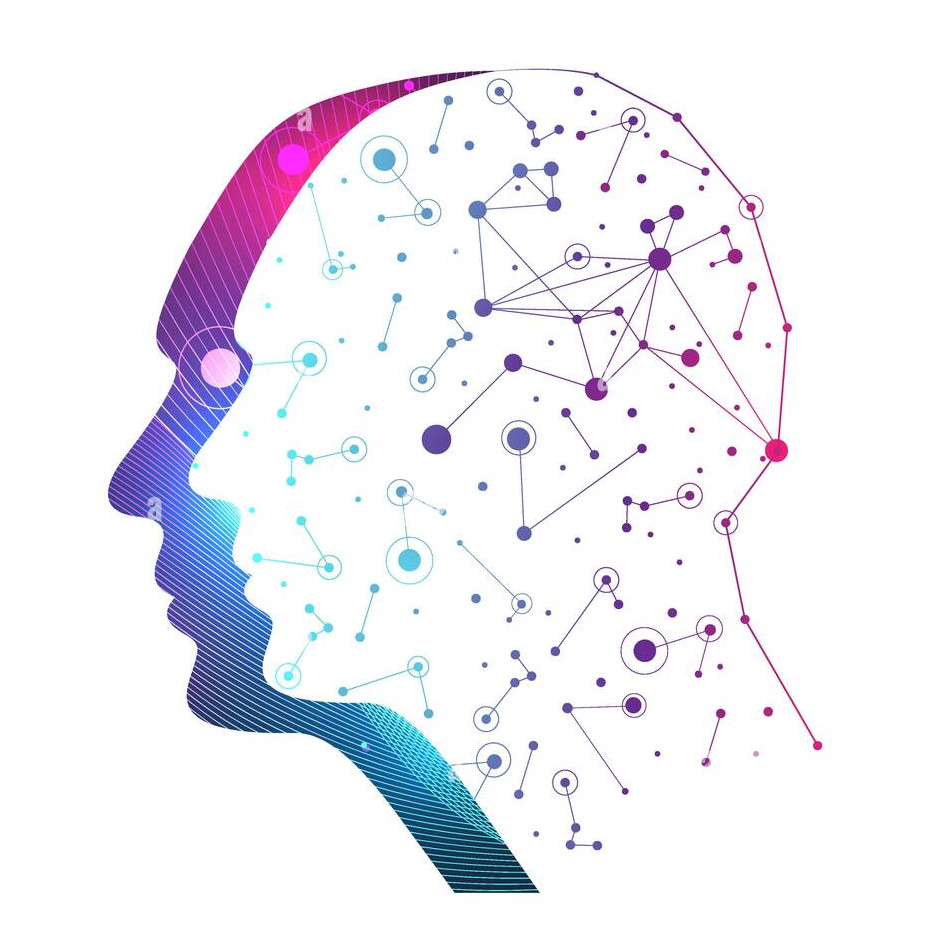
SAREF4ALL
SAREF4ALL relies on the experience done in the last 7 years concerning the design and development of SAREF to promote its adoption worldwide and, at the same time, increase awareness about the EU vision and foster novel liaisons between EU and non-EU SDOs.To do that, the SAREF4ALL project will focus on the following four objectives:
OBJECTIVE 1: To promote standardization and data interoperability to enhance the cooperation between regional organizations.
OBJECTIVE 2: To organize dissemination events, e.g., workshops and hackathons to promote the adoption of the SAREF standards ecosystem by SDOs worldwide.
OBJECTIVE 3: To organize training courses in which the SAREF standards ecosystem will be explained in detail and shown how to use it in real-world scenarios.
OBJECTIVE 4: To design a roadmap supporting the adoption of the SAREF standards ecosystem by SDOs worldwide.
To achieve the objectives described in Section 1.1, we intend to implement a methodology composed of three phases.
Phase 1: Preparation of the training and dissemination material. During this phase, we will start from the official documentation associated with the SAREF standards ecosystem to prepare the training material that will be used during the courses we intend to organize during the SAREF4ALL project. Such material will contain the basic notions to understand SAREF, technical details about the content of each standard, and a set of real-world examples to show how to implement the SAREF standards ecosystem. Instead, the dissemination material will contain a collection of publicity-wise material that will be prepared with the aim of engaging stakeholders during the public events that we plan to organize.
Phase 2: Running of training and dissemination events. During this phase, we will organize and run training sessions, workshops, and hackathons. Training sessions will focus on educational activities aiming to show the content of the SAREF standards ecosystem to the category of stakeholders interested in acquiring the knowledge to implement SAREF into their practices. Dissemination events will focus on creating awareness of the SAREF standards ecosystem through the presentation of at-a-glance information targeting the main strengths of SAREF and showing why SAREF is a suitable candidate for being a globally accepted standard in the domains targetted by the SAREF standards ecosystem. Finally, through the run of hackathons, we intend to train interested stakeholders in using SAREF in practice, but, at the same time, to collect feedback and new requirements and desiderata that can drive the evolution of the SAREF standards ecosystem in the future.
Phase 3: Feedback collection and creation of novel collaborations. During the last phase of the project, we will wrap up all the feedback we gather during the events we organize (i.e., training courses, dissemination events, and hackathons) and we will prepare a report that will be shared with ETSI to trigger the discussion about the directions to take concerning possible enhancements of the SAREF standards ecosystem. Then, in this last phase, we intend also to consolidate the links with the stakeholders engaged during the project timespan to create new liaisons concerning the adoption of the SAREF standards ecosystem in the target areas.
More projects coming soon…

